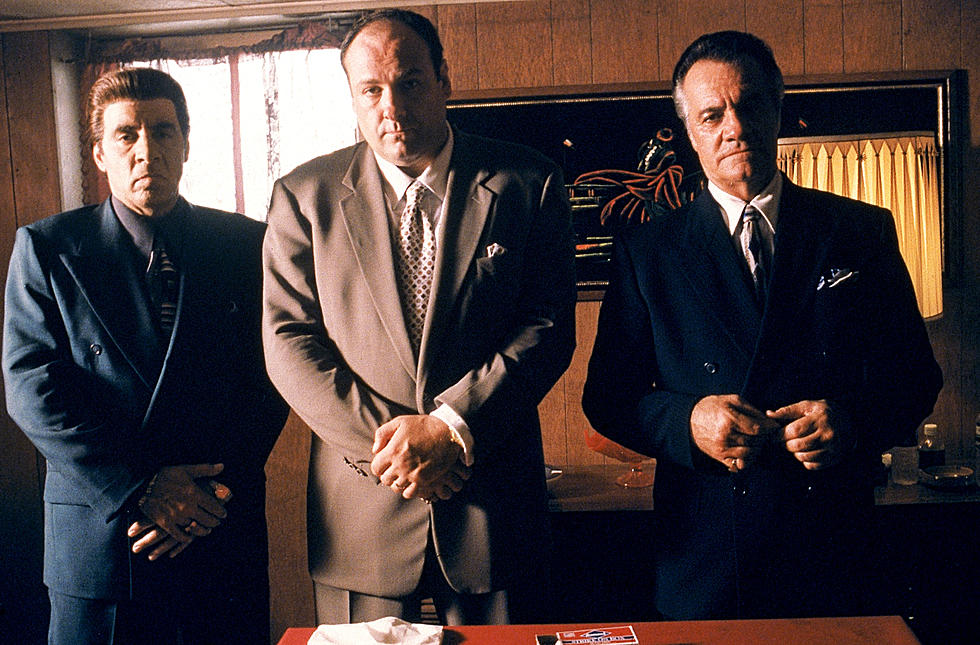
Heads up, New Jersey: Concussions are on the rise
With summer comes more physical activity and a lead in to fall high school and organized sports, and with that increased activity comes the increased risk of concussions.
Concussions are on the rise here in New Jersey and across the country. According to the Center for Disease Control and Prevention, in 2016 nationally there were 10% of all high school players with reported concussions, that number has increased by 50% in 2022 with 15% of all high school athletes and organized sports participants reporting concussions and receiving concussion protocol.
Because of the increase in restrictions for those diagnosed with a concussion, it is stated that there are now more unreported cases of concussions than ever before. High school athletes and some parents avoid reporting concussions to coaches and organizers and skipping the medical attention that the concussed may need so that they can continue participating in their sport.
I understand both the need for better concussion protocol and the desire to want to continue to play. I’ve had several concussions when I wrestled and played football, three or four of them were very severe. I felt so out of sorts for about 3 to 4 days to a week and it was back in a time when there was no concussion protocol, and you were back to banging heads a couple days after literally seeing stars a day or two earlier.
Back then, “getting your bell rung” was just part of the game. I played through those concussions, something I’m not proud of but it’s what was done during my playing years.
Dr. Udo Erasmus states; A concussion unfolds in two phases. "The first phase is the primary injury, where the brain tissues are violently thrown against the inside of the skull due to the head hitting the windshield or from helmet-to-helmet contact on the football field, or from a soccer ball strike, or a fall."
Erasmus says that the primary injury changes the way the brain functions and brings about a secondary injury, which can be far more devastating: a biochemical cascade triggered by the initial impact that can go on for months and create dangerous conditions in the brain such as oxygen deprivation and inflammation or excess fluid in the cranium.
According to the CDC, the most common symptoms of concussion are headaches, brain fog, fatigue, lack of energy, personality and mood changes, anxiety, and irritability. Sometimes symptoms may not be readily apparent for days or even a couple of weeks.
Concussions are serious health concerns and shouldn’t be taken lightly. The fact remains that concussions are on the rise; more programs and schools are instituting better protocol but it’s worth reevaluating the repercussions from a big hit in the head. If you get a concussion or a major blow to the head, follow the necessary protocol that your doctor prescribes, it could help you in the long run. Heads up New Jersey.
These are the best NJ high schools for sports
The post above reflects the thoughts and observations of New Jersey 101.5 weekend host Big Joe Henry. Any opinions expressed are Big Joe’s own.
More From 94.3 The Point







